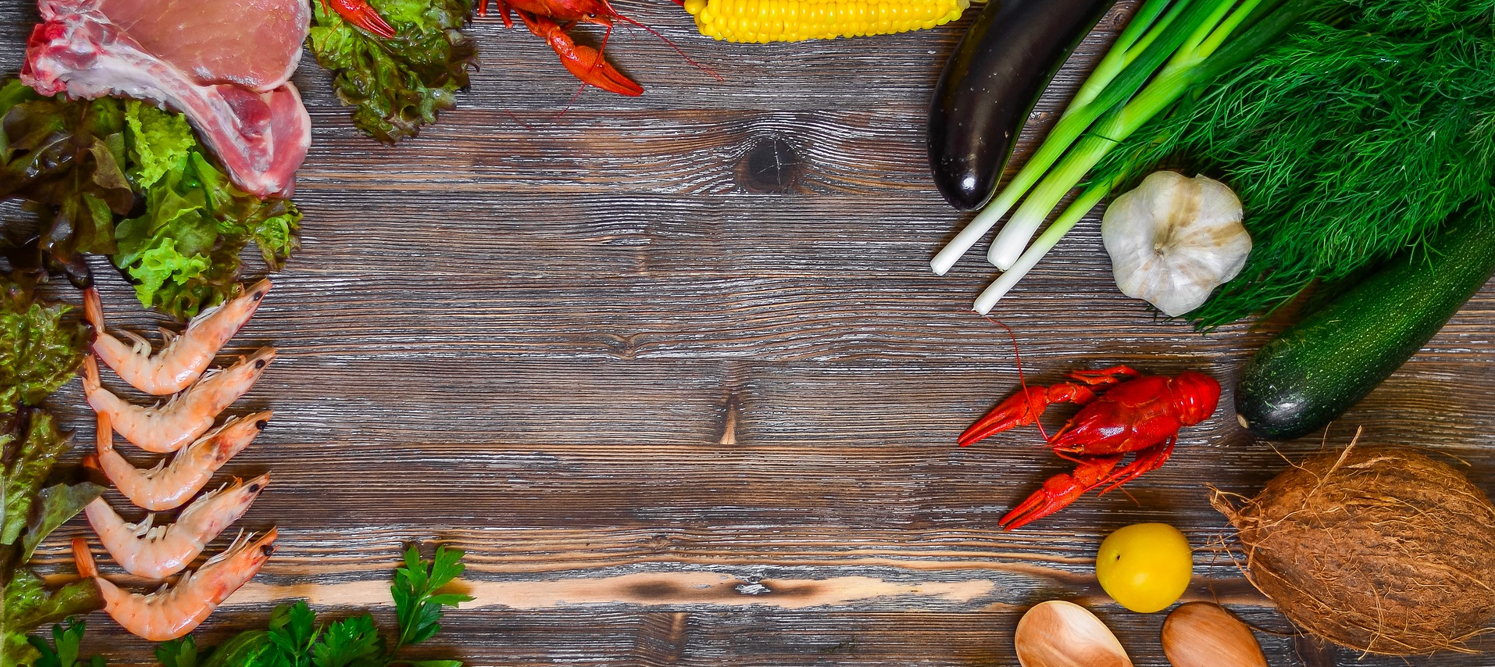Non-EU product imports must meet EU standards

On 16 February 2022, the European Commission opened a public consultation on the application of EU health and environmental standards to imports of agricultural and food products. Here is Euro Foie Gras’ opinion on the matter:
The European Union (EU) is the world’s largest producer of foie gras, accounting for 90% of global production. A definition of raw products (foie gras, magret) is included in the regulation 543/20081 on marketing standards for poultrymeat, which should even be supplemented by a standard on processed products to protect consumers from fraudulent practices. However, competition from other countries such as China, where standards are not as high as in the EU, may increase in the coming decades.
Thus, we believe it is essential to ensure that imports of products from third countries comply with European standards. Otherwise, it would undermine the competitiveness of the European farming sector, which would then face unfair competition from non-EU countries. We therefore call for the same conditions to be imposed on imports.
Foie gras is a gastronomic traditional product. Its production is closely linked to the gastronomic national identity of the five European producing countries – Belgium, Bulgaria, Spain, Hungary and France – and contributes to the European culinary influence around the world.
European foie gras production complies with all regulatory requirements in terms of animal health and welfare, including the European directive 98/58/EC on the protection of animals kept for farming purposes, and even goes beyond these regulatory requirements. Indeed, in 2011, the five European foie gras producing countries proactively adopted the European Charter on breeding of waterfowl for foie gras. This Charter sets out the sector’s commitments based on the 12 principles of the European Commission’s “Welfare Quality Project”. The sector is also developing common animal welfare indicators.
